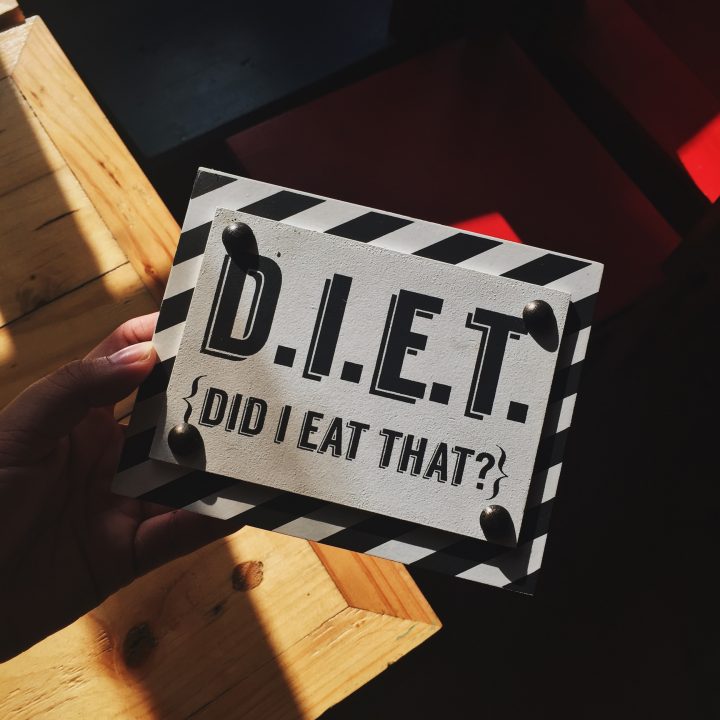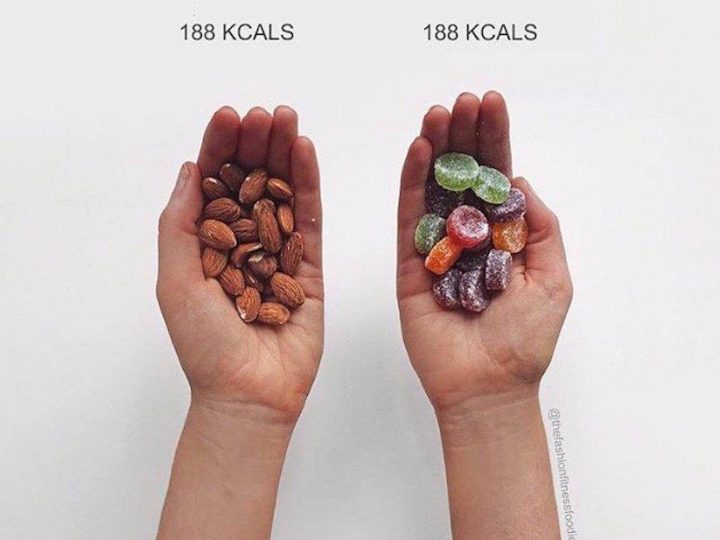
Over the years, a lot of fad diets has come and gone but many still struggle to achieve their desired weight. From low fat and low carbs to the more recent trend of intermittent fasting, keto and paleo diets, each have their own successes and failures. But one thing seems to remain the same and that is that everybody seems to agree that counting calories is the way to go.
“What gets measured gets managed.”
As the famous author Peter Drucker once said “What gets measured gets managed.” However, where we fall short is that we only count calories but fail to measure the quality of the calories we eat. Here is why quality is just as or even more important than quantity.
Quantity
A calorie is a unit of energy often used to describe the energy we get from eating food and the energy we lose from working out. Not all calories are made equal and there in lies the flaw of just counting calories. There is such a thing called “empty calories” which are calories from solid fats and/or added sugars but have little to no nutritional value. Examples of empty calories are soft drinks, sweets, pastries, pizza, ice cream, butter and processed food such as sausages and bacon. Eating too much of these would lead to chemical and hormonal reactions, slower metabolism and nutritional deficiencies.

View this post on Instagram
View this post on Instagram
Quality
So what are good quality calories? These are food that are dense in nutrients, have a low glycemic index and contain both soluble and insoluble fiber. What this means is that more vitamins and nutrients speeds up our metabolism therefore making it easier to lose weight.
Glycemic index refers to the ranking of carbohydrates in foods according to how they affect blood glucose levels. Carbs with a low GI value are digested, absorbed and metabolized slower keeping us feeling full longer. Soluble fibers slows our digestion as well and can be found in most fruits, vegetables, oats, beans, lentils, nuts and seeds. Insoluble fibers helps us clean our system and wash them away down the toilet. These can also be found in vegetables and whole grains.
Keeping it simple together
At the end of the day, as long as we stay away from processed food, fast food, sugar and junk food and eat more fruits, vegetables and home cooked meals, we should be better off than where we started. A common misconception from athletes and runners is that as long as you burn a lot of calories, you can eat whatever you want. This may work in the beginning but this mentality isn’t sustainable in living a healthy lifestyle.
There is a new study published by JAMA that compared people who were on a low fat diet vs a low carb diet and found no significant difference in weight loss between the two as both were just told to stay away from added sugars, refined grains and processed foods and concentrate on eating more fruits and vegetables. Both groups still lost weight therefore suggesting that there is no one diet that fits all. No matter what diet you are on, only you would know what would be best for your body so it helps to be mindful and aware of what works for you and how your body reacts to certain things.

Another meaningful breakthrough in research made by NCBI, found that the more people attended support groups and counseling sessions, the more they lost weight. So although we may have different goals, diets and work outs, it always helps to have a community who can inspire you to be better person than who you were yesterday. Join our PF Community here.








